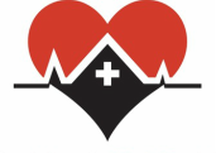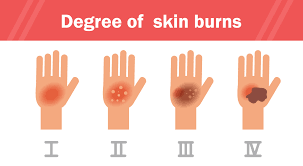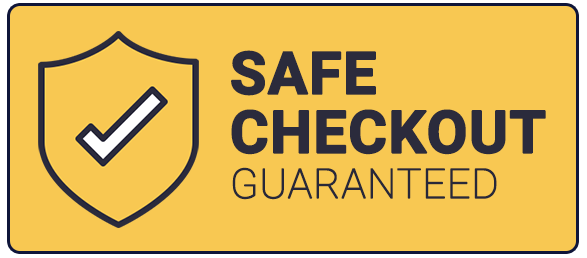|
At some point in one's life, almost everyone has experienced some kind of burn. Whether its due to lengthy exposure to the sun, an accident while cooking, or even a chemical burn. Some burns are unfortunately more serious than others.
Many of you might already know about the degrees of burns, but for those of you not familiar, they include the following: First Degree: Red skin, no blisters. Second Degree: Blisters and thickened skin. This may include a burn of either a partial or full thickness of the skin. Third Degree: Overall thickening of the affected skin with a white or grayish color. Fourth Degree: The burn not only penetrates the dermal and epidermal layers but also reaches the tendons and bones of the victim. There are also different types of burn injury causes. These include the following: Thermal burns can arise from explosions, flame, or hot liquids. Chemical burns are caused by strong acids of alkali substance and require special care to stop injury to skin. Electrical burns are caused by exposure to electricity. Radiological burns are caused by radiation and often require decontamination. It is also important to remember to never add anything frozen to cool a burn. The placing of ice on the injury can result in tissue ischemia. Instead, cool burn with clean cold water for at least 10 minutes adn if water isn't available then a cool compress can be used a substitute. Remember, never add anything frozen to cool of a burn. Placing ice on the injury can cause tissue ischemia. Instead, cool burns with clean cold water for at least 10 minutes. If water isn't available than a clean, cool compress can be used as a substitute.
Comments
|
AuthorDr. Tracy A. Jones is the CEO of Help-A-Heart CPR, LLC and an American Heart Association, ASHI, and American Red Cross Master Program Trainer, Instructor, & AHA Faculty Member located in San Antonio, Texas. Archives
June 2024
Categories |
Help-A-Heart CPR, LLC | 1747 Citadell Plaza Suite 101 | San Antonio, Texas 78209 | (210) 380-5344 | [email protected]
Copyright © Help-A-Heart CPR, LLC 2024
100% Certification Acceptance
We promise your employer, school, or agency will accept the certification card we issue to you. If there is a question of acceptance or validity, simply send us an email at [email protected] with full details. We will reach out to the individual/entity and provide accreditation information. If still there’s a question, we will provide you with a full refund of your class fee. It’s that simple.
We promise your employer, school, or agency will accept the certification card we issue to you. If there is a question of acceptance or validity, simply send us an email at [email protected] with full details. We will reach out to the individual/entity and provide accreditation information. If still there’s a question, we will provide you with a full refund of your class fee. It’s that simple.
|
Communities Served
ALABAMA: Birmingham
ARKANSAS: Fayetteville, Hot Springs, Jonesboro, Little Rock NEW MEXICO: Albuquerque TENNESSEE: Knoxville TEXAS: Amarillo, Arlington, Austin, Bandera, Bastrop, Boerne, Brownsville, Comfort, Converse, Corpus Christi, Dallas/Ft. Worth, Del Rio, Dripping Springs, El Paso, Floresville, Fredericksburg, Georgetown, Harlingen, Houston, Junction, Katy, Kerrville, Kingsville, Kingwood, Laredo, Lubbock, Lufkin, McAllen, Midland, New Braunfels, Odessa, Pleasanton, Round Rock, San Angelo, San Marcos, Schertz, Seguin, Taylor, Temple, Texarkana, Tyler, Universal City, Victoria, Waco, The Woodlands |
Why Choose Help-A-Heart CPR?
1. Flexible Scheduling
2. On and Off Location Training Available 3. Casual, Fun Atmosphere 4. Best Price Guarantee 5. All Instructors are AHA and/or ARC certified 6. 5 Star Google Reviews 7. Blended Learning (Online & Skills Check) Available 8. Meets OSHA & College CPR Requirements 9. Get Certified Within 3-4 Hours 10.Certification Is Good For Two Years 11. Official AHA/ARC/ASHI Training Site 12. High Quality Safety Training! |








